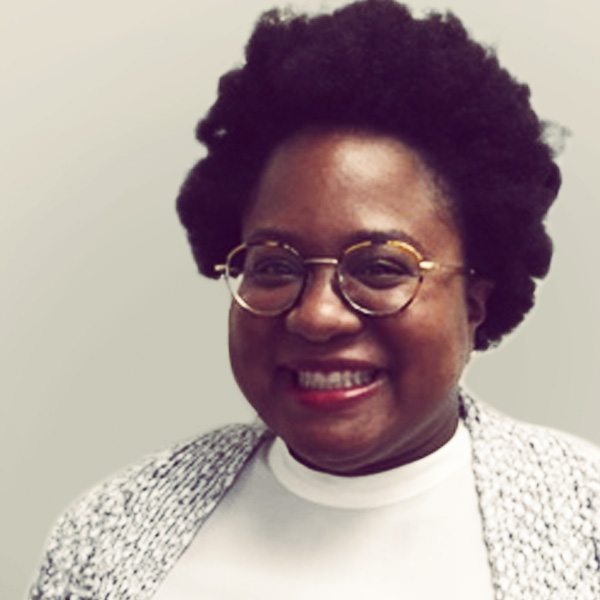Controversy erupted last week about the connection between education reform and racial equity activism. A blog post by Robert Pondiscio sparked the conversation. In the post, Pondiscio laments “(t)he Left’s drive to push conservatives out of education reform.” Pondiscio’s position troubled me. From my perspective, education reform is racial equity work. The two are inextricably linked. Unlike Pondiscio asserts, this does not mean that I also believe “we have to solve racism first” to address opportunity gaps (a nuance Marilyn Anderson Rhames explains perfectly in her spot-on response).
Several think pieces have responded to Pondiscio’s post. I do not want to parrot what has already been said, but I feel there is an important piece missing from this discussion: the fact that there is a lot of racial equity and inclusion work to do within the social justice advocacy community itself.
In response to Pondiscio’s post, a group of white allies coordinated by Justin Cohen authored a thoughtful response which acknowledges that the education reform community has often failed to address racial equity and inclusion adequately. The signatories applaud the positive steps taken to address the role of race in education reform. So far, nearly 100 white education reformers have co-signed the letter. This swelling of support has been largely celebrated as a positive example of white alliance. I agree.
I thank the many white allies in this movement who work day in and day out for education equity. However, I also worry about the “othering” of the racial oppressors in the education movement. I hope that my colleagues who see themselves as allies also acknowledge the work that remains not just for others, but for themselves as well.
As a black woman in education reform, I feel the impact of white supremacy in this work on a daily basis. This oppression does not just come from those who deny importance of race in the education reform movement. Just as frequently, I am oppressed by individuals who are self-professed allies, individuals who agree with and perhaps have signed Mr. Cohen’s letter; from micro-aggressions in meetings, to covert acts like pushing out educators and advocates of color because “they are not the right fit.”
My message to the white allies who signed this letter is: Thank you for taking a stand, but please know that this is not enough. Look inward when calling out oppression and bias and seek opportunities to elevate the voices of your colleagues of color.
I say this not to take away from the courage and commitment it took to put your name on this letter. I say this as a thank you and as a call-to-action to make sure it doesn’t end here with words on paper.
Yours in partnership,
Brandie Burris-Gallagher
